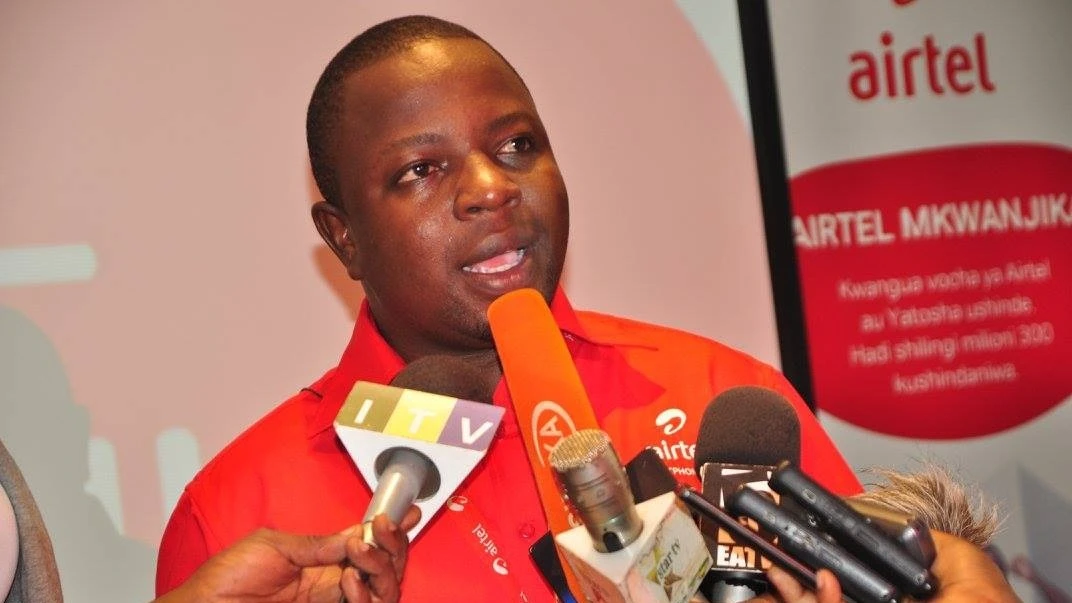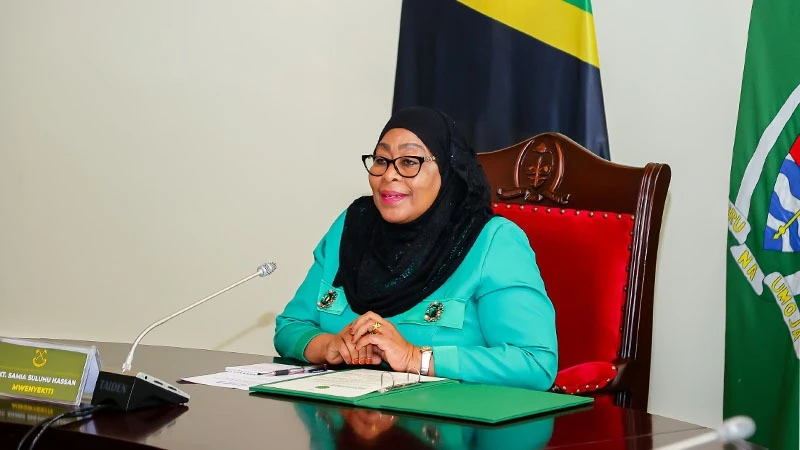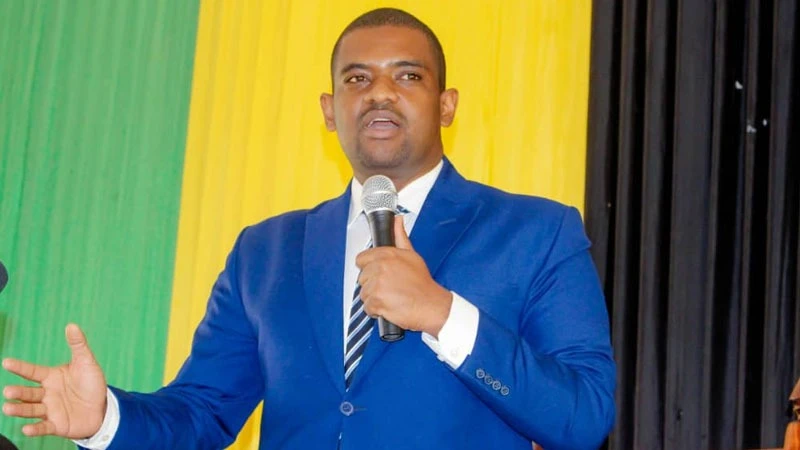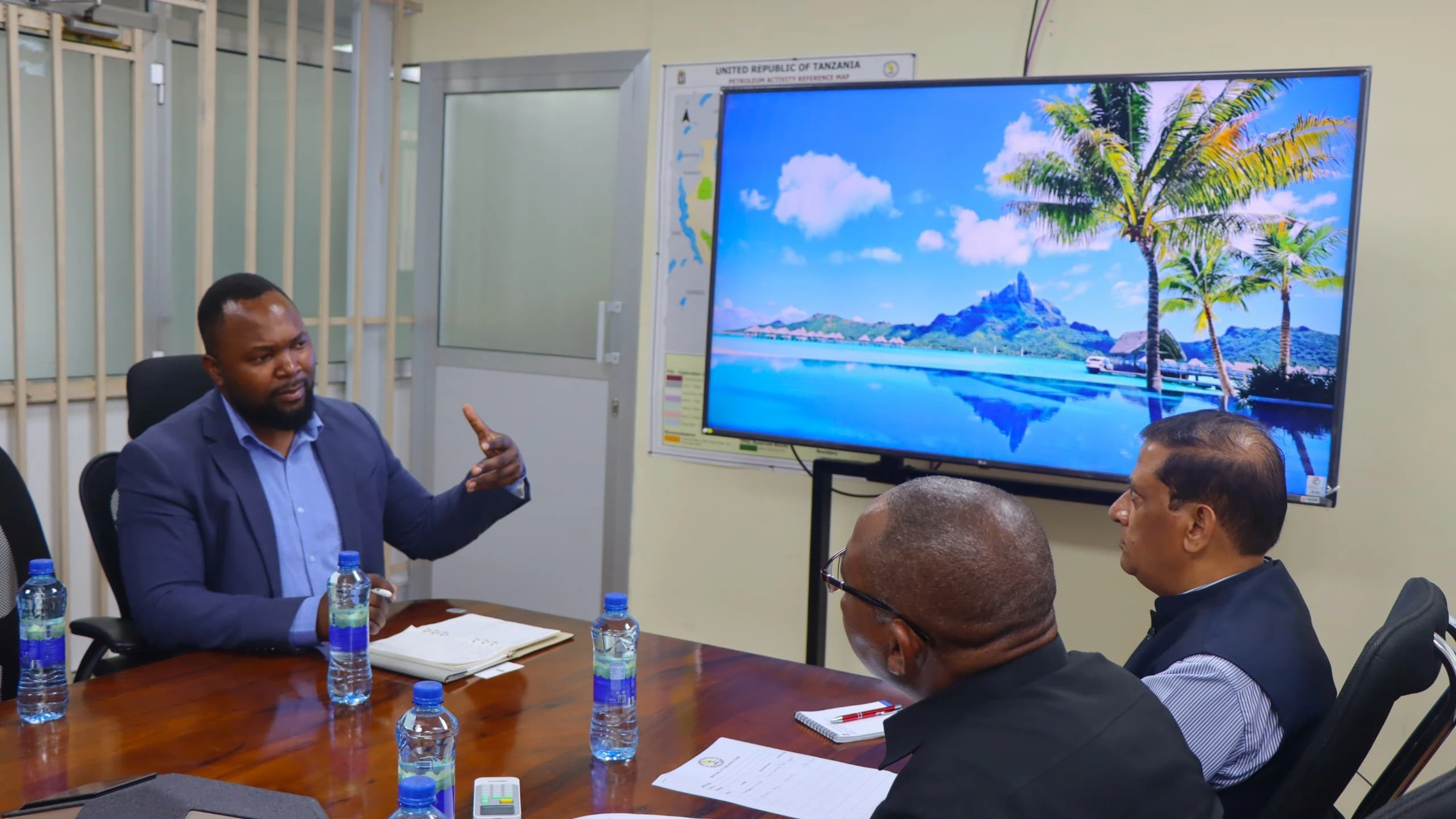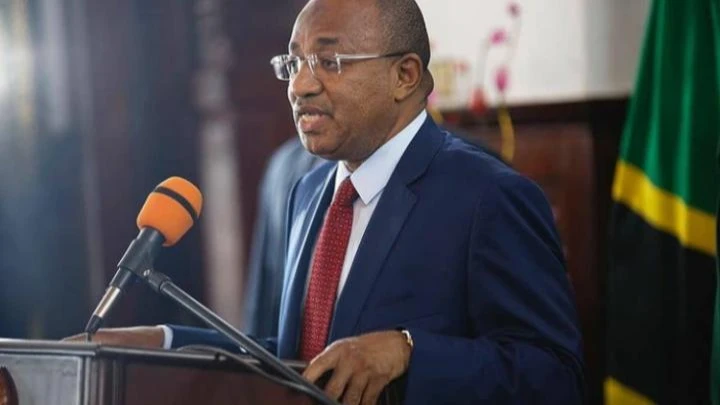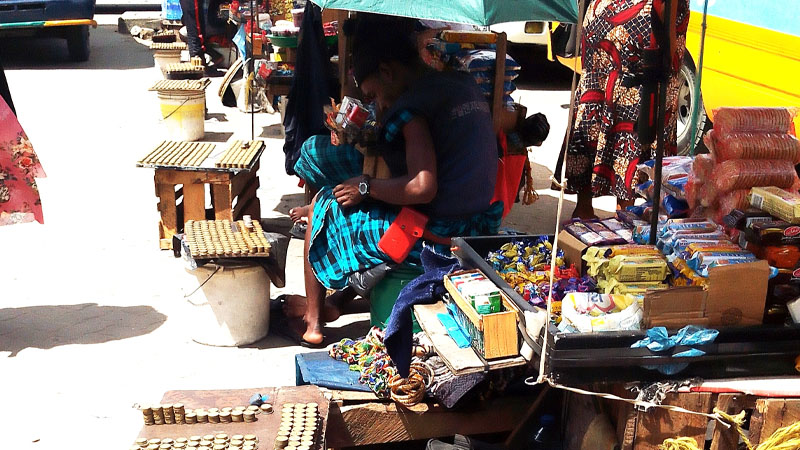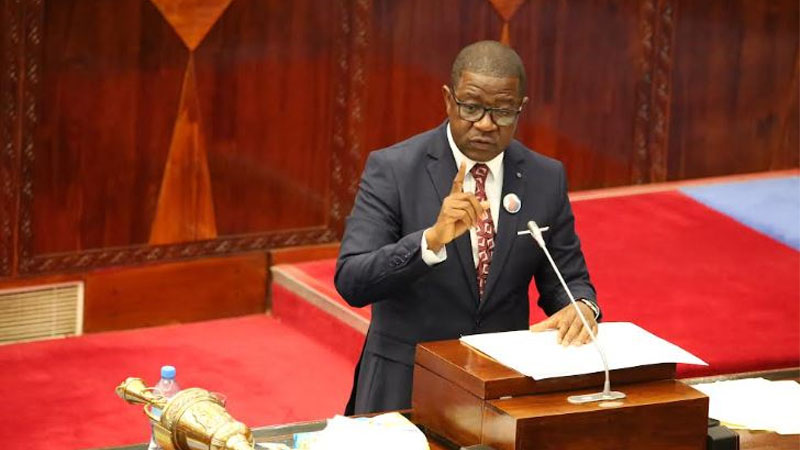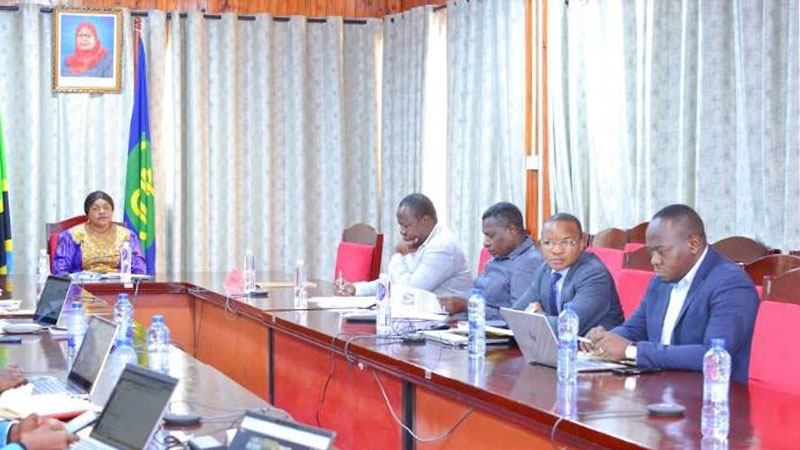Z’bar registers more than 5000 mental disease cases

ZANZIBAR is grappling with rising numbers of mental illness cases in the past few years.
Suleiman Abdu Ali, the mental health coordinator for the Zanzibar Ministry of Health said here yesterday that there are more than 5,000 mental disease patients at present.
“These cases are alarming. We’re working hard to determine exact figures and reasons for the situation,” he said, noting that Kidongo Chekundu Mental Hospital receives 100 to 150 new patients each month, mostly youths and children.
In 2021 there were 132 mental patients while last year new patients reached 1,039 while medical centres keep vague data, in which case it is possible that the number is higher than what the ministry has already documented.
The increase in mental patients with youths is the use of illicit drugs, mental stress and frequent breakdowns of romantic relationships.
The community was now gaining awareness on the need to bring the patients to hospital, he said, noting that the ministry was providing mental health education and increasing the number of service providers.
Sharifa Awadhi Salum, chairperson of the Zanzibar Nurses and Midwives Council, said that celebrating the International Day of the Midwife and International Nurses Day was occupied with providing cancer education, on the importance of cervical cancer vaccination for girls.
Nurses and midwives are vital service providers for the community, so the community must understand the work they do, she said, with the World Health Organisation (WHO) saying anxiety and major depressive disorder had risen to 28 percent of inhabitants globally.
The UN agency says that about 10 percent of Africa’s population suffers from mental health disorders, with the growing burden impacting adolescents and children. Half of all mental disorders appear by the age of 14 and three-quarters by the age of 24, it said.
Since the African Region has 60 per cent of the population below 24 years of age, investing in mental health would help preserve Africa’s human capital, it says.
With a wide spectrum of competing health and development priorities, mental health remains under-prioritized in many African countries. On average African governments allocate less than 50 US cents per capita to mental health, well below the $2 per capita for low-income countries that would secure a basic package of mental health care, a recent update affirms.
Top Headlines
© 2024 IPPMEDIA.COM. ALL RIGHTS RESERVED







